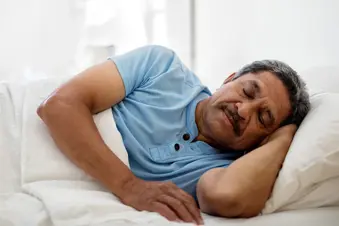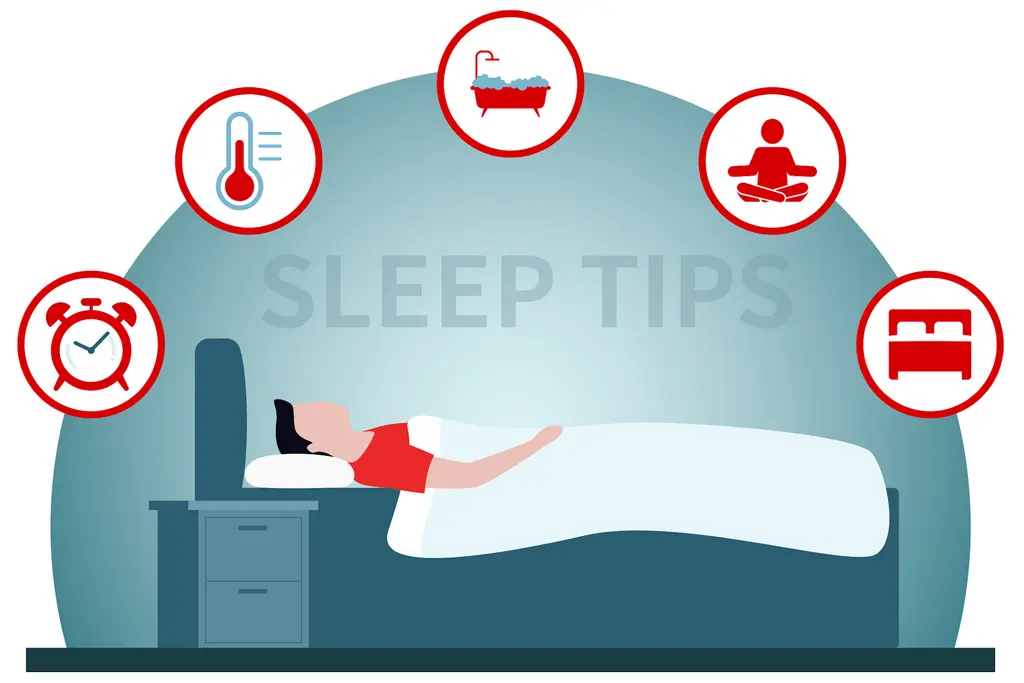
Everyone gets tired, but you usually feel better after a good night’s sleep. People with idiopathic hypersomnia (IH), however, feel excessively sleepy all the time, even after a full night of rest.
IH is a neurological sleep disorder that causes you to be incredibly tired during the day. It makes you crave sleep and have a hard time staying alert during the day.
Even if you get hours of sleep or take naps, you don’t wake up feeling refreshed.
Symptoms of Idiopathic Hypersomnia
The main one is excessive daytime sleepiness. But you could also:
- Sleep 9-11 or more hours out of every 24
- Have a hard time waking up in the morning or from naps
- Get sleep inertia or “sleep drunkenness,” where you’re groggy and have a tough time functioning
- Struggle doing normal daily activities
- Not feel rested after sleep or naps
- Have brain fog
- Get headaches
Causes of Idiopathic Hypersomnia
Doctors aren’t sure what causes idiopathic hypersomnia.
Some people who have IH also have a family member with the same problem or with another sleep condition like narcolepsy. (People with narcolepsy often fall asleep anytime, anywhere, with no warning.)
Some studies have looked at the possibility that neurotransmitters like dopamine and serotonin might play a part. They help regulate mood and happiness.
People with IH may also have low levels of the brain chemical histamine, which the immune system releases to fight harmful substances. Histamine also causes many of the symptoms of allergies.
IH may also happen because of an infection, brain damage, or conditions like anxiety or depression.
IH might also be triggered by:
- An irregular sleep schedule
- Medicines meant to make you sleepy or keep you awake
- Other sleep conditions
Diagnosis of Idiopathic Hypersomnia
To find out if you have IH, your doctor will do a physical exam and ask you about your family and medical history. They’ll review your symptoms and ask you about any medications you’re taking.
Your doctor may ask you to rate how much your sleepiness affects your everyday life with a sleepiness scale. They may suggest you keep a sleep diary to track how much sleep you get.
They also may ask you to take several tests:
Polysomnogram. This sleep test monitors your brain activity, heart rate, breathing, eye and leg movements, and oxygen while you spend the night in a sleep lab.
Multiple sleep latency test. This records how quickly you fall asleep for a daytime nap. This test happens the day after a polysomnogram.
Doctors typically consider a diagnosis of IH if you’ve had extreme daytime sleepiness for at least 3 months and if your symptoms are affecting your daily activities.
Treatment of Idiopathic Hypersomnia
The goal of treatment for IH is to ease symptoms. Calcium, magnesium, potassium, and sodium oxybates (Xywav) is approved to treat IH in adults. It is believed to work through chemicals like dopamine and its brain pathways involved in wakefulness. Doctors may also prescribe the same medications used to help with narcolepsy. this include.
- Stimulants: dextroamphetamine (Dexedrine), methamphetamine (Desoxyn), methylphenidate (Ritalin)
- Nonstimulant wake-promoting medications. armodafinil (Nuvigil), modafinil (Provigil), pitolisant (Wakix), solriamfetol (Sunosi)
- Sodium oxybate. (Xyrem)
Your doctor might suggest:
- Cognitive behavior therapy, a way to learn to deal with unproductive thoughts
- A regular wake/sleep schedule
- Avoiding driving or any activities that could be dangerous if you’re sleepy
Although there is no cure for IH, sometimes symptoms go away on their own.
Show Sources
Photo Credit: Wavebreakmedia / Getty Images
SOURCES:
Hypersomnia Foundation: “About Idiopathic Hypersomnia.”
Genetic and Rare Diseases Information Center: “Idiopathic hypersomnia.”
Stanford Health Care: “What Is Idiopathic Hypersomnia?”
Sleep Foundation: “Hypersomnia.”
Merck Manual: “Idiopathic Hypersomnia.”
UptoDate: “Idiopathic hypersomnia.”
Mayo Clinic: “Idiopathic hypersomnia,” “Narcolepsy.”
Iranian Journal of Public Health: “Happiness & Health: The Biological Factors- Systematic Review Article.”
